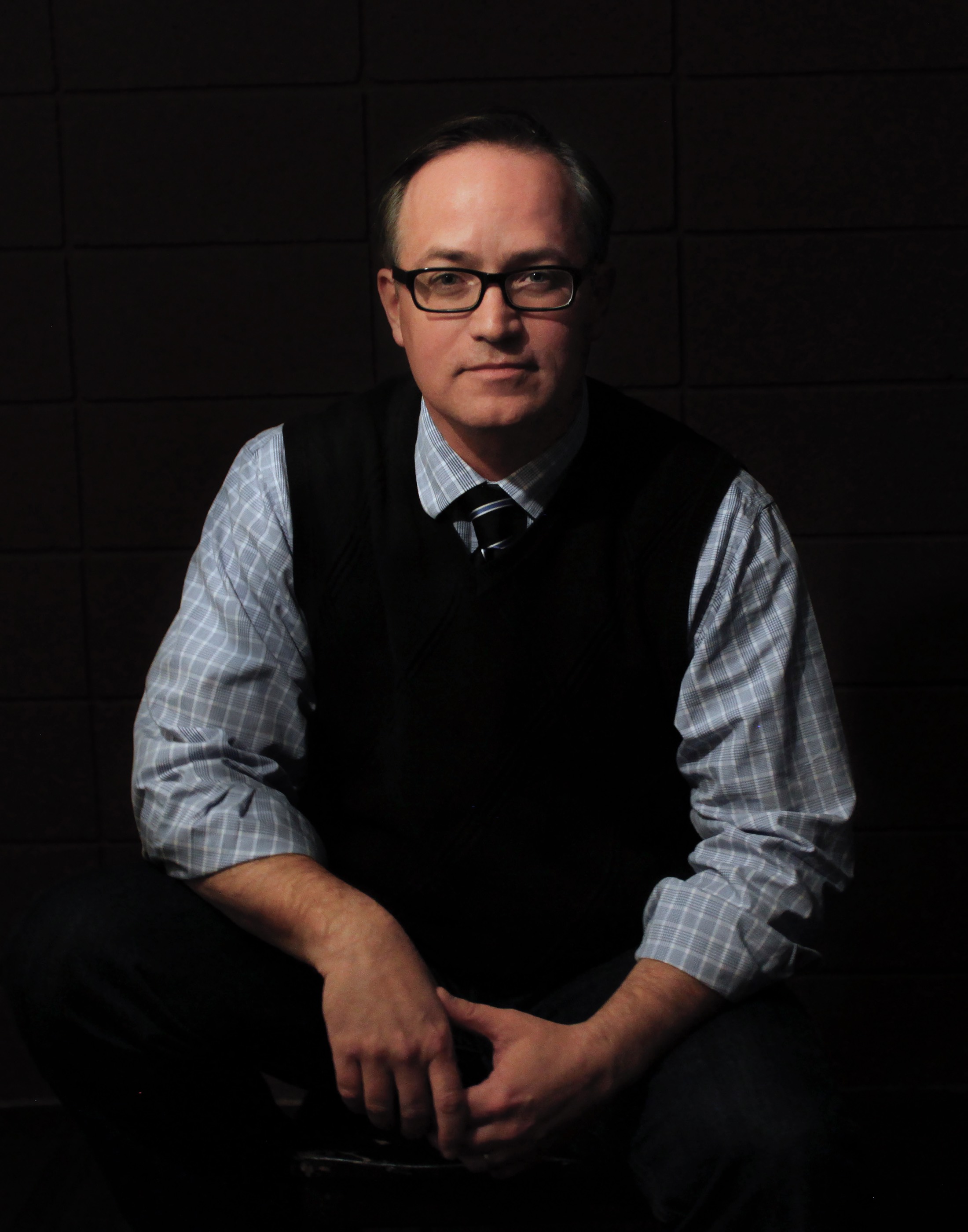
Many students pursuing a college degree today are seeking training to make them competitive in their chosen profession, and theatre and dance students are no exception. As a result, many university theatre and dance programs offer curricula designed primarily to impart professional skills. At Texas Tech, our core purpose is “to promote excellence in the practice and scholarship of theatre and dance.” What that dual goal means for student experience is that, at the undergraduate level, the best of focused studio training programs is combined with the broader humanities instruction more often found at liberal arts colleges. For graduate students, we offer the rigorous professional preparation sought by continuing learners, but also classwork and experiences that make them effective teachers and leaders in the schools and artistic organizations where they seek post-graduate employment.
Classes centered on the history, theory, and criticism of theatre and performance play an important role in achieving our wider goal of excellence in multiple facets of artistry. They open spaces for students to envision the future of their profession, preparing them to someday take on leadership positions in the fields of theatre and dance (and beyond). Such intellectual exchange is doubly useful to our graduate students, who will shortly be teaching the student artists of tomorrow.
As we emerge from the ordeal of the COVID years, every industry wants to hit the restart button and address long-standing challenges brought into sharp relief by the pandemic. In the worlds of commercial and non-profit theatre and dance, a persistent problem highlighted in the last three years has been that of ongoing social injustices within the industry. Another issue made more urgent by recent disruptions is the sustainability of traditional live performance. While many theatres (including ours) are back to live shows, artmakers and arts organizations are now fully aware that our age-old practices are entering a revolutionary era of digitized production, and they are coming to grips with long-overdue acknowledgments of issues of access. Theatre should not be restricted to, for example, the “able” or affluent.
In response to these new realities on the ground, HTC faculty have sought new approaches to theatre studies. In alignment with industry efforts to address historical and ongoing injustices within our field, we have doubled down on the goal of expanding the stories we tell about our past. Courses covering histories outside of the traditional Euroamerican narrative (such as those of Latinx theatre makers and African American female playwrights) have become regular offerings, and we have purposefully expanded our standard survey courses to bring those under-told stories into the collective memory of our fields.
Our students avidly follow the innovations of today's theatre and dance artists who are leading our industry into the digital age, and our curriculum is keeping pace with their interest. We have developed introductory and focused undergraduate and graduate courses that explore current and historical disciplinary and interdisciplinary crossings of the line between traditional in-person performance and performances delivered through screens both large and small. The established study of screendance, for example, provides a potent model for understanding how performance and media have been, and will continue to be, intertwined.
Taking advantage of the unique research specializations of faculty in the School of Theatre and Dance and in the J.T. & Margaret Talkington College of Visual & Performing Arts more broadly, we've been able to respond nimbly to the burgeoning needs of our students, taking them to the cutting edge of our fields while continuing to provide them with the established knowledges that afford them entry into today's profession. For students and teachers alike, it's an exciting time to be learning at Texas Tech!
